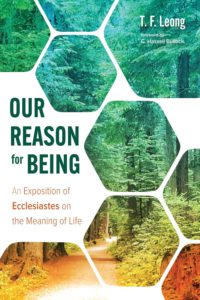 Discovering the Most Worthwhile Purpose for Living ( Ecclesiastes 3/5)
Discovering the Most Worthwhile Purpose for Living ( Ecclesiastes 3/5)
Kairos Podcast 7: Ecclesiastes and the Human Quest for Meaning (3/5)
There are two conditions for experiencing the meaning of life. This video discusses the first, revealed in Ecclesiastes as living out God’s purpose for humanity. This condition is corroborated empirically by real-life human experience in a recent PhD thesis. One need not be a Christian to discover and live out this purpose and experience the meaning of life. However, Ecclesiastes also reveals that God will one day judge every person based on this purpose. Because of sin, no one can live out this purpose perfectly and so everyone needs God’s forgiveness. Hence Ecclesiastes points non-Christians to Christ no matter how meaningful their life may be.
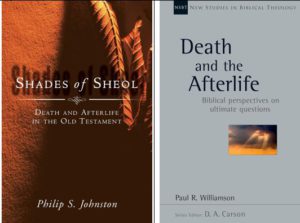 Death, Resurrection and Life Everlasting DRLE Pt.2
Death, Resurrection and Life Everlasting DRLE Pt.2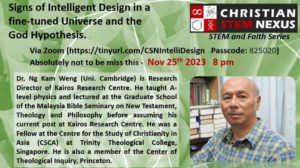
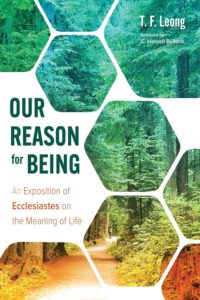
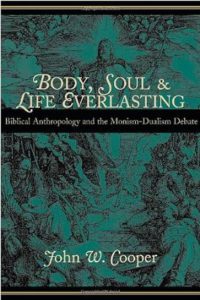 Death, Resurrection and Life Everlasting – DRLE Pt.1b
Death, Resurrection and Life Everlasting – DRLE Pt.1b